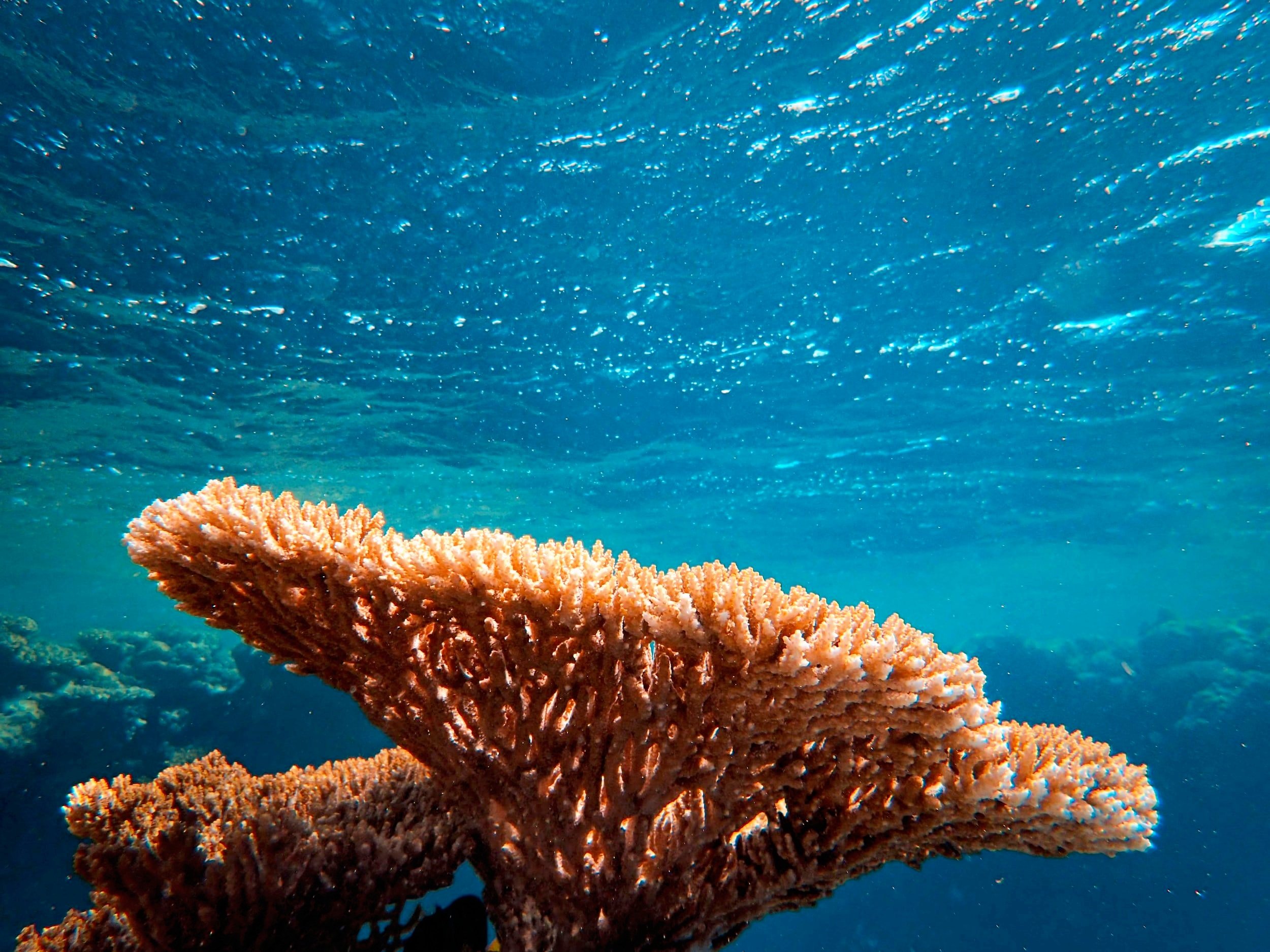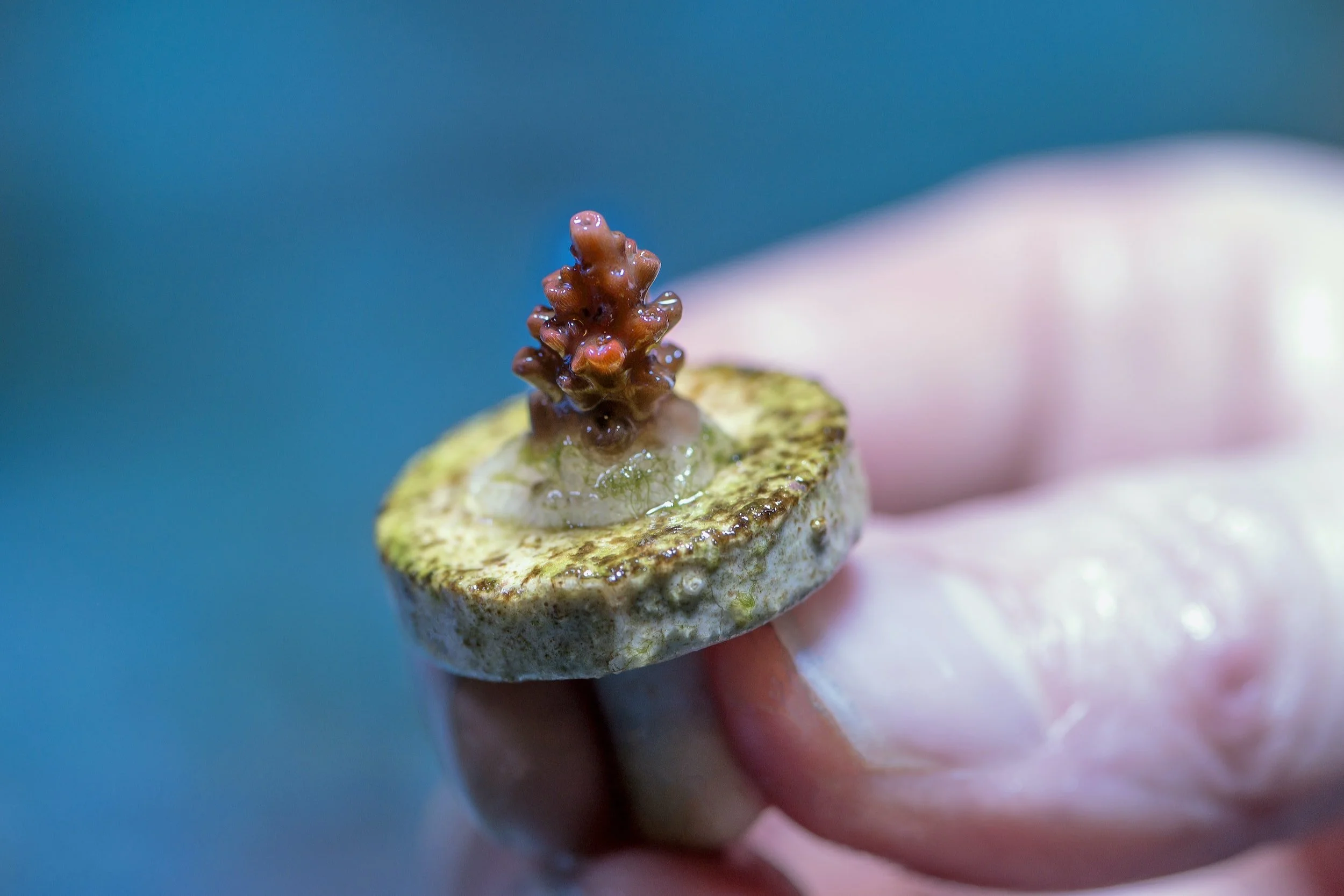
I am a marine ecologist who conducts empirical and synthetic research to inform innovative management of marine and coastal ecosystems. My research interests are diverse, but center on the effects of human activities including fishing and harvesting, aquaculture, recreational activities, and biological invasions.
A seasoned leader of large and diverse collaborations, I work internationally and across disciplines, sectors, and cultures to generate conservation solutions and ensure equitable representation of stakeholders. I especially enjoy translating scientific results and jargon into understandable narratives for diverse audiences, whether teaching, coordinating volunteer efforts, or working alongside local communities.
I am committed to partnering with Indigenous communities and to facilitating their management and stewardship of coastal systems.
Ocean conservation research at the Monterey Bay Aquarium
The US Ocean Conservation Research team designs research and long term monitoring to inform the conservation and recovery of nearshore marine ecosystems. We lead research into the biology, behavior, and ecology of Southern Sea otters, a listed species whose declined populations now occupy a small fraction of their historical range. We also employ experimental and observational studies to reveal the drivers and consequences of kelp forest declines, and to inform their recovery. Finall
Coastwide estuarine restoration and species recovery
For five years, I led the Native Olympia Oyster Collaborative (NOOC), an international network focused on restoring and recovering populations of native oysters (Ostrea lurida) over 2,500 miles of coast from British Columbia to Baja California. Our collaborators included academic scientists, restoration practitioners, Native American Tribes and First Nations, shellfish growers, and State and Federal agencies.
Conservation aquaculture: one tool for imperiled reefs
As a Science for Nature and People Partnership (SNAPP) Fellow, I led two working groups at the National Center for Ecological Analysis and Synthesis (NCEAS). Our teams investigated the social and ecological trade-offs of using conservation aquaculture for marine foundation species, especially reef builders including oysters and hard corals. We brought experts together to assess the use of aquaculture techniques to reach conservation goals while simultaneously addressing human well-being. We hope this body of work will facilitate restoration and recovery of reefs worldwide.
Diver Fear Effects
Does it matter if divers scare fish? Do fish react differently to recreational scuba divers where spearfishing is also allowed? I employed in-situ behavioral experiments to test the effects of recreational scuba diving activity on the anti-predator behavior of coral reef fish, and a mathematical model to estimate the effects of those reactions on fish feeding behavior. I also synthesized existing empirical data on the flight responses of marine fish to spearfishers and recreational divers globally.
I received my PhD from the Department of Ecology, Evolution and Marine Biology at UC Santa Barbara, where I was a member of the Gaines and Warner labs.




